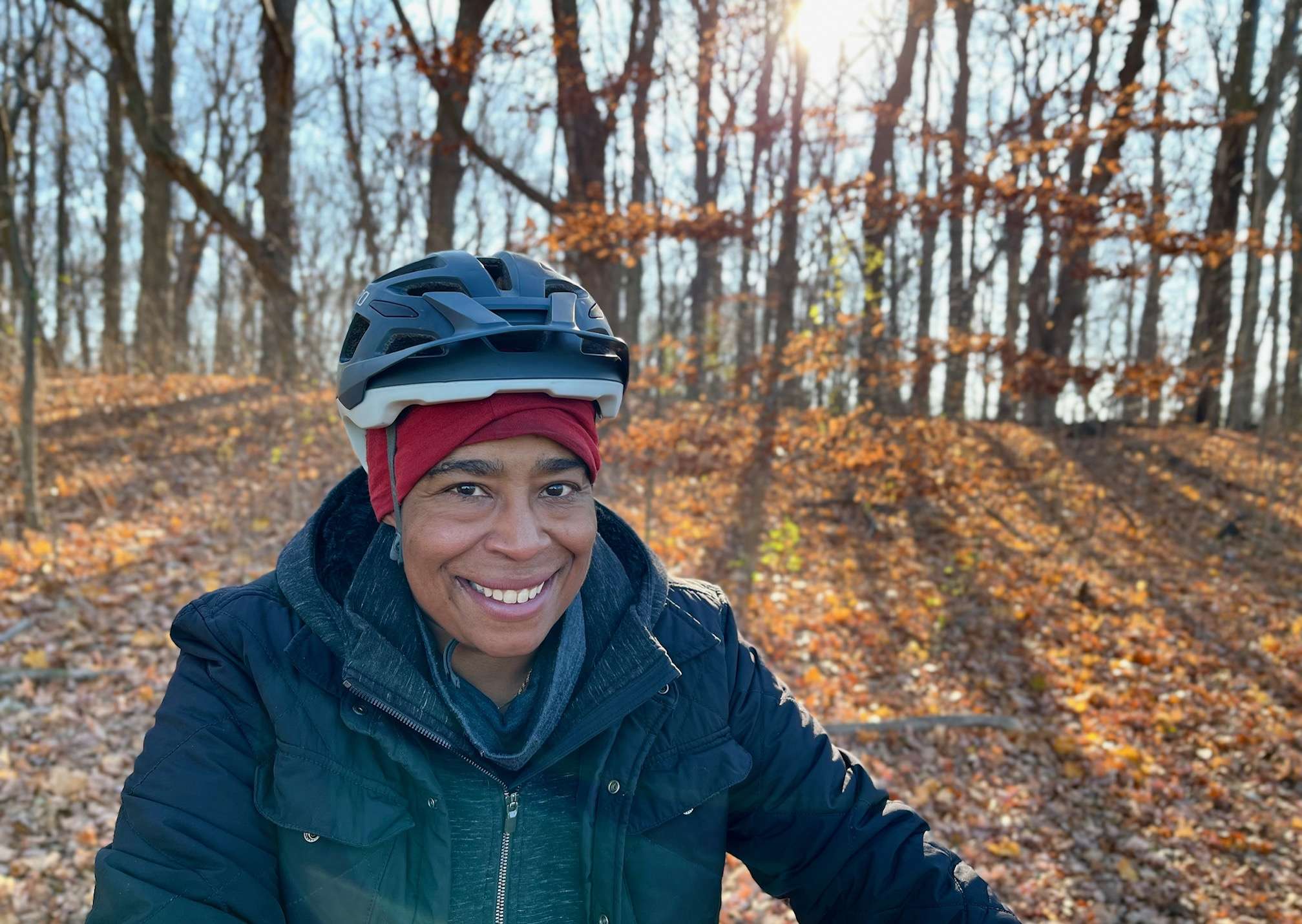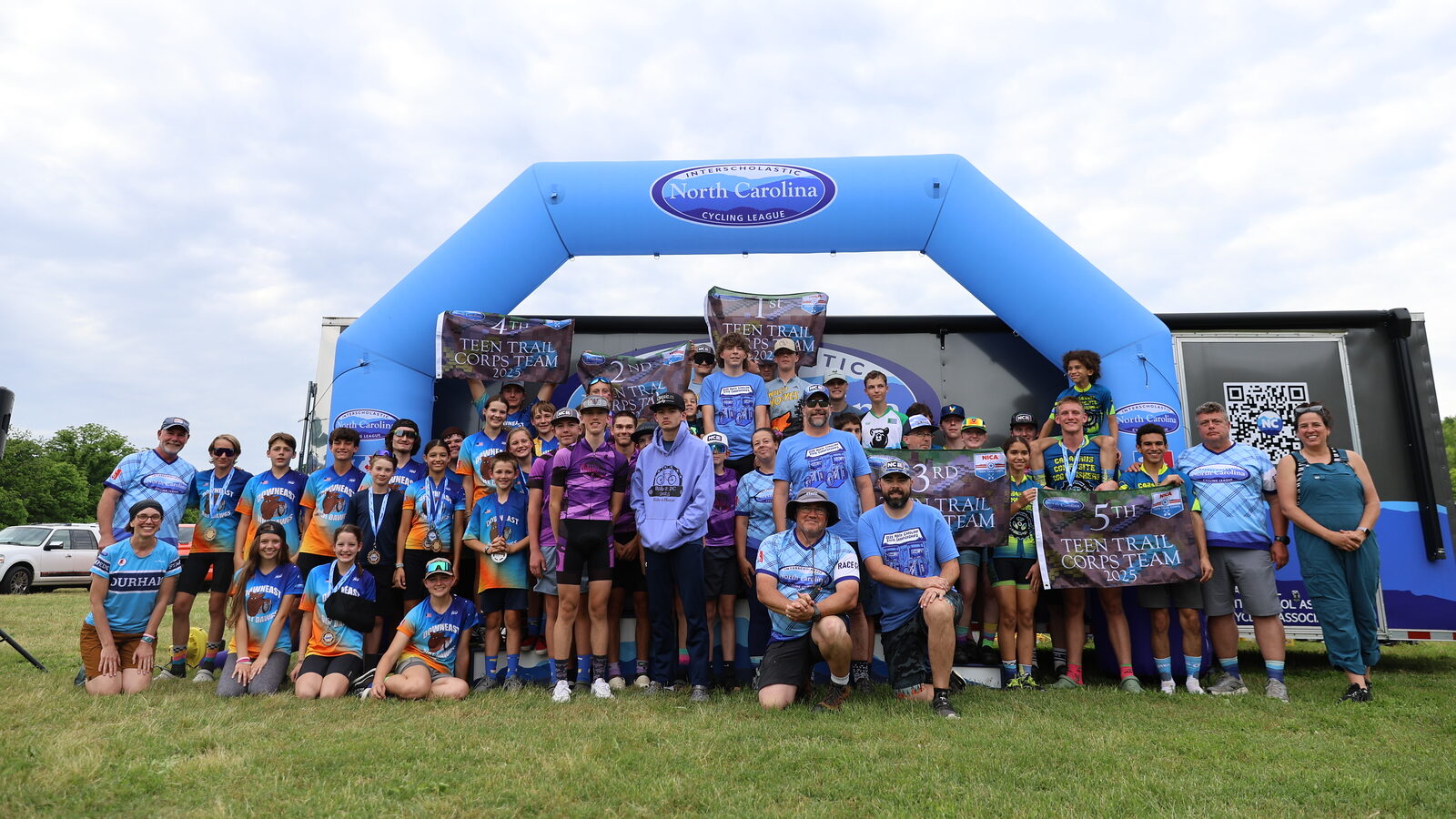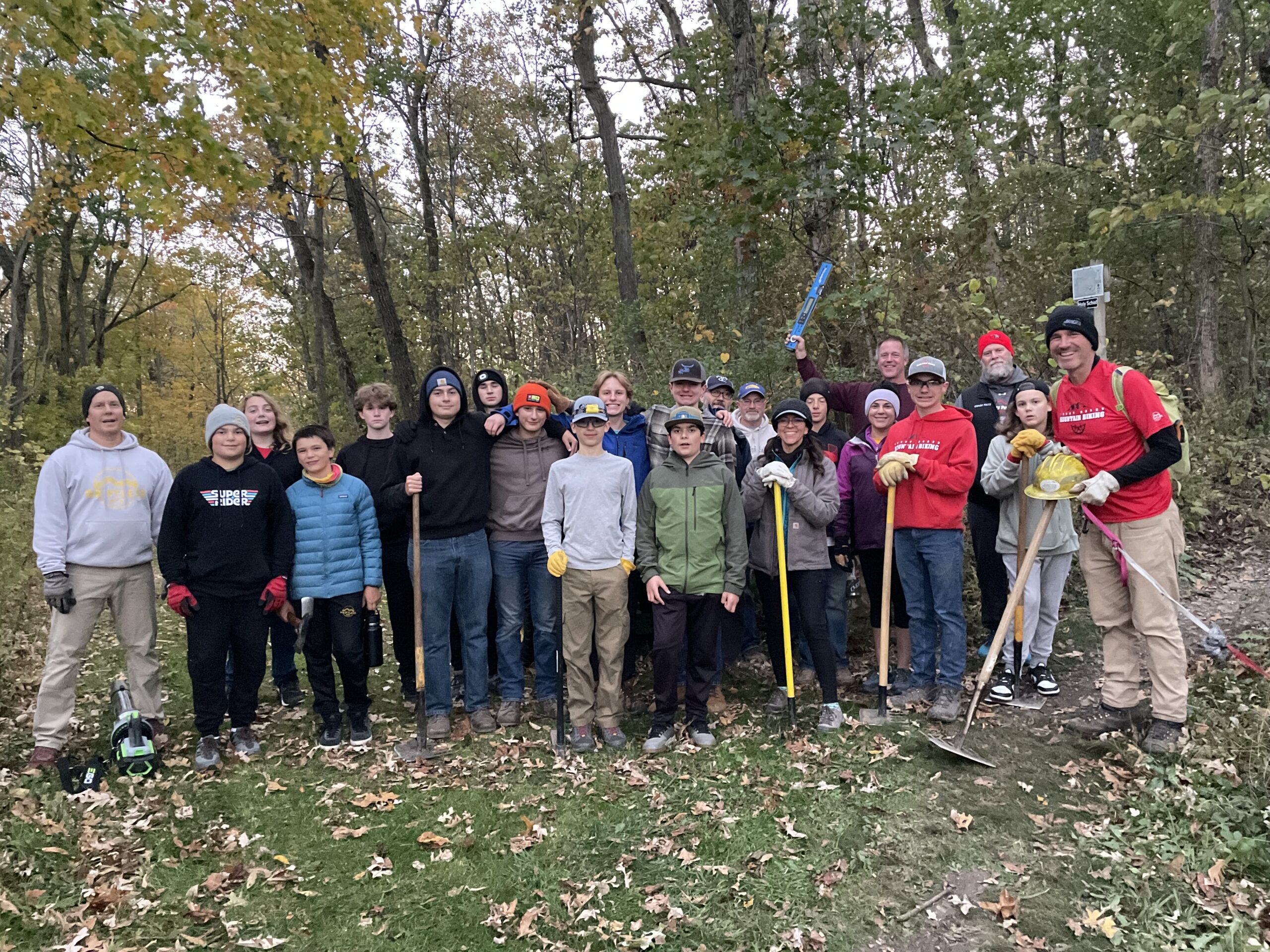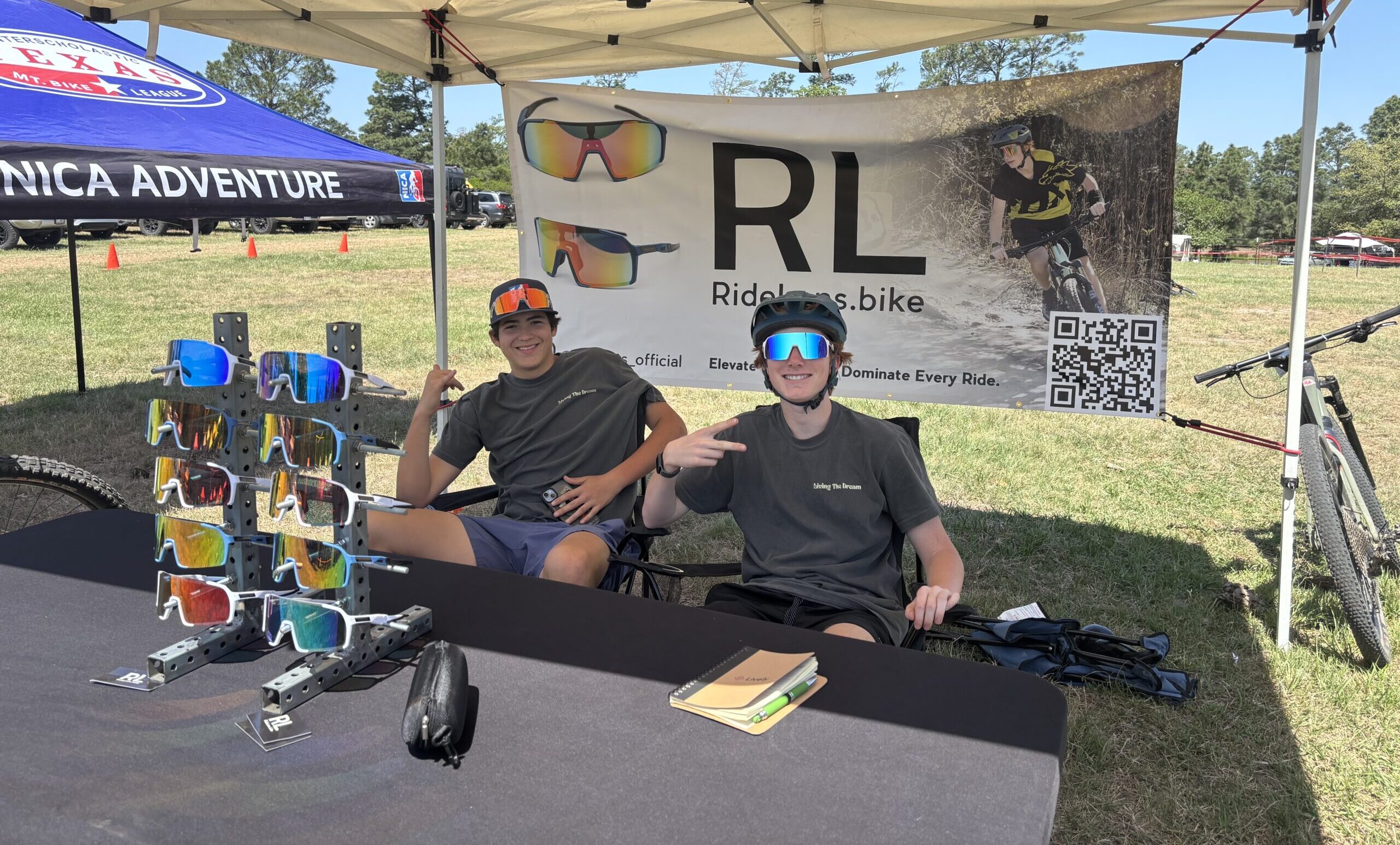It's just as important to give back to the trails as it is to ride, or podium, or to be fast ... I think it is cool that we have Teen Trail Corps but I will say that not everyone does it. Ultimately, I’d love to see some sort of dynamic where you have to do some hours of TTC in order to podium or play.
Great things happen when young adults are encouraged to do their best. A group of teens in Houston, Texas are waking up to the reality that they can make a difference in their community, one shovel at a time. Bryce Cole is what you could call a puritan in mountain biking. He is a Houston-based trail advocate and Head Coach for the West Houston Composite Team. When he’s not working with local NICA student-athletes to maintain a beautiful trail system within his community, he works his regular 9-5 job like everyone else.
When NICA created Teen Trail Corps (TTC), Cole says it was an opportunity at the right time due to what he was trying to accomplish with young adults and local trails. Cole, student-athletes, and a local mountain biking group transformed one of the trails within Houston city limits by creating a fun feature that makes the whole trail rideable, even after rain. However, it didn’t come without challenges.
Cole is passionate about keeping the trail systems well maintained and improving existing trails for the best riding experience for his NICA student-athletes. Like most mountain biking trail maintenance, their project was born out of necessity. Every time the area was hit with rain showers, it made the trail impossible to ride for days. With tools in hand, Cole and his team accepted a challenge: get the water out and direct it away, so the trail is rideable. Cole says the easy thing to do was just make a “boring” boardwalk, but that wasn’t what he had in mind. Having spent time in Bentonville, Arkansas, he was inspired by many of the features there.
The team quickly dedicated one of their practice days to working on the trail systems they ride daily. After learning the basic fundamentals of trail maintenance and safety, Cole says the young adults developed a passion for the work they were doing. They recognized the impact they could have within their community and the dedicated trail work days transformed into the student-athletes recognizing larger solutions for the trail systems.
With some support from coaches, the student-athletes worked with the local officials to grab donated materials to make their dream a reality. Cole says the athletes went as far as holding a non-sanctioned race to raise money for any materials not donated, using the social media app Strava to keep time for results. As a direct result of their efforts, the young adults raised $3,000 for their project and established a relationship with their local power company for future projects.
This project extends farther than just a feature on the trail, the community is stoked about the addition and appreciates the hard work from the student-athletes. Cole says learning the value of hard work and the support from the community has energized the young adults to take on more projects, making the trails a better place for everyone to ride.
Currently, TTC or “pay dirt” hours are not mandatory for student-athletes to participate in any NICA event. Some leagues have implemented projects similar to Cole’s and are having wide success with building relationships within the community. TTC hours do make a difference in some leagues, when student-athletes are neck-and-neck for podiums. The Pennsylvania Interscholastic Cycling League (PICL) is one of the leagues within NICA that is making it mandatory for student-athletes to have volunteer hours. Bonus points are applied to their overall season points for completing a certain number of TTC hours, up to a maximum of 25 points. The points are equal to the attendance bonus that most leagues do.
“I feel like the kids will think it is important, if we show that it is important,” says Cole. “If we don’t show that it is important, and model that, then it really doesn’t get the emphasis that I think it needs.”
Mandatory TTC hours or not, Cole believes the work starts with the coaches, volunteers, and other adults within the mountain biking community. He says it is part of the circle of mountain biking, setting us apart from other conventional scholastic sports. Mountain biking is a life-long community sport. You’re a part of a community, wherever you are in the country.
“Mountain biking is so much more than just racing and fitness. It’s a community sport that you can do for life,” says Cole. “It is a way to also give back to your community and be more connected to the outdoors. But that starts with us [the adults], in this scenario. We should be enforcing and modeling that, right?”
Cole says that at the end of the day, they are creating young adult citizens that are going to go off in the world and spend their life working on trails.
How cool is that? Creating an army of trail workers, not just trail users.
Check Out More Stories!

Marion’s Story: from NICA Parent to Lifelong Mountain Biker and Community Advocate

National Trails Day: North Carolina League’s Trailblazing TTC Impact

Generations of Trail Stewards: Building Community, One Trail at a Time

From the Racecourse to Retail: NICA Student Athletes Launch RideLens Sunglasses

Sign up today to receive news, updates, and NICA Stories straight to your inbox.
We will never share or sell your personal information.
Have your own NICA story? Click here to share!



